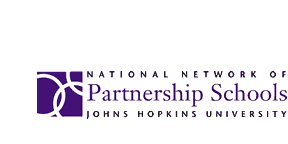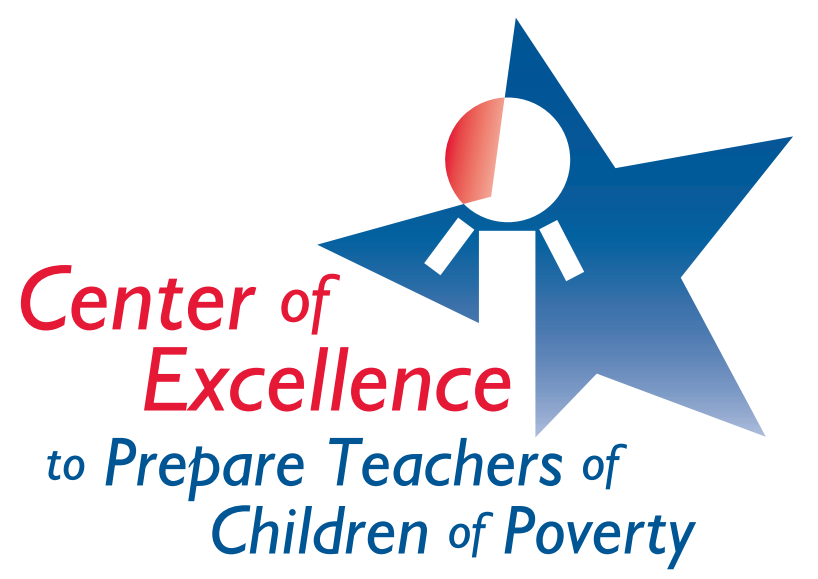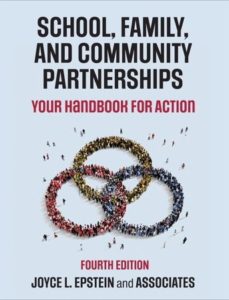Francis Marion University Center of Excellence to Prepare Teachers of Children of Poverty (COE)
Florence, South Carolina
Tammy H. Pawloski, Director and Professor of Education
Graduate Study: Partnerships in High Poverty Schools
Francis Marion University developed and conducted a course for graduate students on how to organize programs of school, family, and community partnerships in schools in high-poverty communities. The comprehensive course focused on research-based approaches to good partnerships and their applications in practice. Some readings familiarized students with research on teaching in high-poverty schools. Other assignments provided examples of how research translates to help organize inclusive and effective programs of family engagement.
The one-semester course consisted of nine modules and many assignments to spark students’ thinking. Topics included attitudes and beliefs about schools in high-poverty communities; understanding family and community engagement (FACE); research-based frameworks, including the NNPS Framework of Six Types of Involvement; understanding the demographics and conditions of high-poverty families and communities; beliefs, attitudes, and expectations of teachers, parents, and community partners; creating a welcoming school climate; developing plans for comprehensive partnership programs to engage all families and support students’ learning and behavior; conducting in-school action research; and discussing how their own attitudes changed due to the course.
This is one of four required courses for an Add-On Certification for Teachers of Children of Poverty for teachers in South Carolina.
Teachers from a local district that financed the cost of teacher certification attended the course online via Zoom due to COVID-19 restrictions. The challenges of online instruction were real, but also opened new options and urgencies for students. They reported, for example, that because of the COVID-19 closures and restrictions, they needed new ideas to engage families with students learning from home. Thus, the content of the course was immediately useful to those enrolled. An important “change” that occurred was the realization that family and community engagement was not an “extra” or “optional” part of school life, but a critical and necessary component of school organization that can help increase student success.
Read more about Graduate Study: Partnerships in High Poverty Schools in Promising Partnership Practices 2021.


